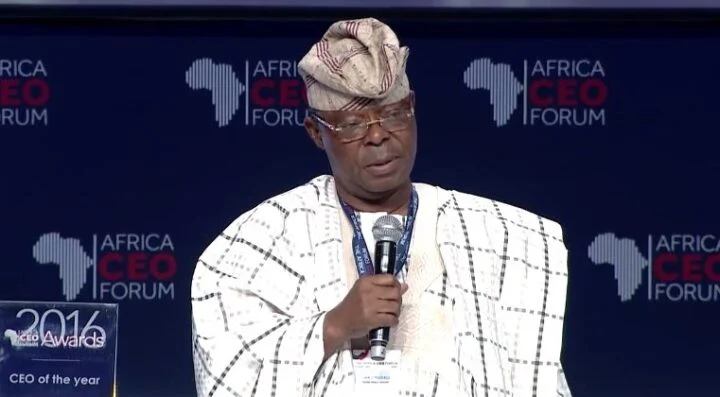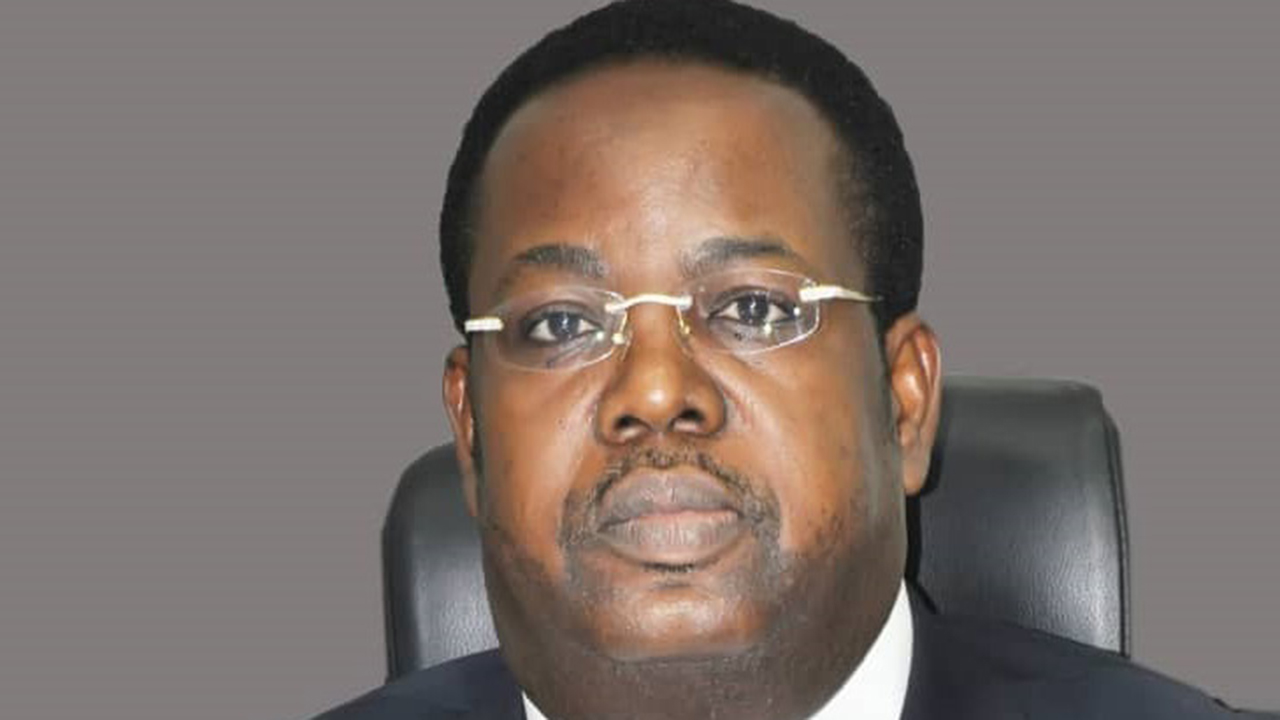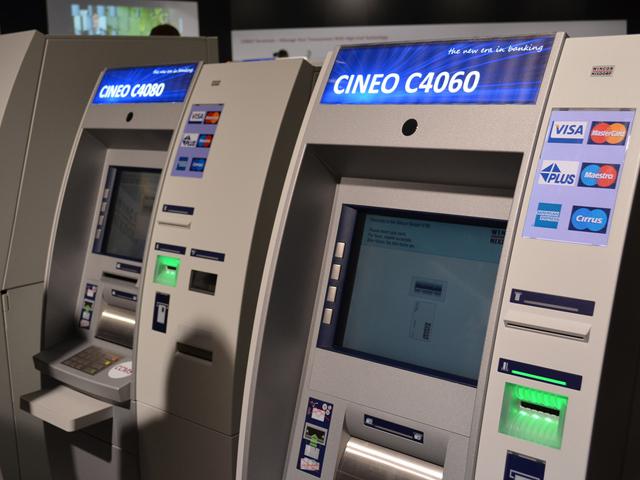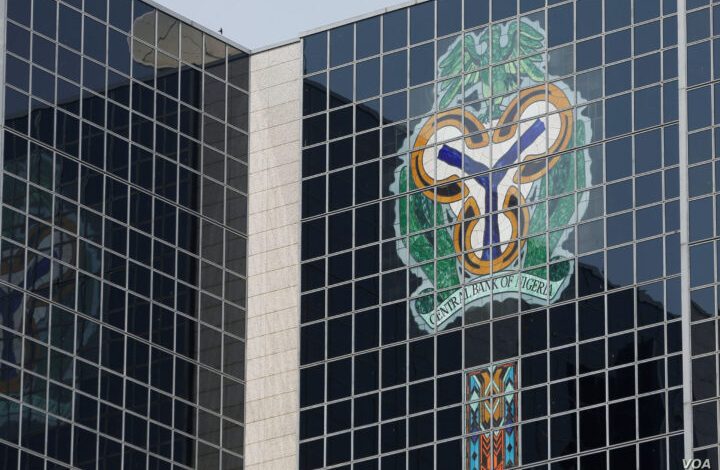By Ikeddy ISIGUZO
IT would be a fraud to call the annual report that the Auditor-General of the Federation submits to the National Assembly a fraud – it is by far something worse. The truth is that the report is rooted in long established practice of doing nothing about fraud because as a Chairman of the Public Accounts Committee of the Senate once said, “these are mere allegations and need to be proved”.
“The Office of the Auditor-General for the Federation, OauGF, in Nigeria audits the accounts of the federal government, including ministries, departments, and agencies. The OAuGF’s role is to ensure that public funds are used appropriately and for their intended purposes,” Nigeria’s Constitution states through Sections 82, 85, 86.
It lists its responsibilities as it:
Audits the accounts of all Federal Government offices and courts
Audits the accounts of all accounting officers and revenue receivers
Audits the accounts of statutory corporations, commissions, and authorities
Audits the accounts of Area Councils in the Federal Capital Territory
Audits the Federation Account, including loans, investments, and public debts
Audits the accounts of the Accountant-General of the Federation
Audits the accounts of Non-Self-Accounting Ministries, Departments, and Agencies, MDAs
Audits the accounts of Federal Pay Offices, FPOs
Submits a report to the National Assembly on the audit findings
“The OAuGF’s role is to ensure that public funds are used appropriately and for their intended purposes. The Office of the Auditor-General for the Federation is a separate and independent entity whose existence, powers, duties and responsibilities are in the Constitution,” says the law.
Nobody has an interest in disrupting the waste of government funds on anything that catches the fancy of those who are entrusted with public funds. They, in most cases, seem to be in a competition over who would fritter away more public resources with immunity and impunity.
At no point is a reasonable effort made to investigate, prosecute the suspects, and recover missing public funds. Everything, especially the law, is on the side of the suspects.
By law, the audit report should be submitted to the National Assembly, two years after the period being audited. An example would be that the audit report for 2019, should be at the National Assembly latest by December 2021. Why should such long time be permitted?
Most times, in two years those the audit queried have ceased to be in office or assumed some immunity from prosecution. They usually make enough to keep the arms of the law, no matter how long they are, from reaching them.
The time between submitting the audit, passing it to the Public Accounts Committees of the National Assembly are long enough for everyone to forget. There are too many interests in a country as dynamic as ours.
A golden rule with managing public finances is not to set dangerous precedents. Not calling those who committed these infractions to account has set the needed environment to embolden their successors to do more – dip their fingers deeper into public funds.
Things get worse. If the law says that the audits should be submitted in two years, are they still legal when submitted outside the two-year time frame?
As things got better for the alleged fraudsters, the Office the Auditor-General of the Federation (and in the States) seems to work for fraudsters.
The submission date for the audit reports has moved to almost four years. The report that the National Assembly is “over-sighting” is for 2021! If we maintain the pace, the audit report for 2025 may be ready by 2037. Is that not progress?
Uncovered financial infractions worth over N3.403 trillion in government Ministries, Departments and Agencies, MDAs, are in the audit report for the financial year ending 31 December 2021 in 28 audits.
· About N2.902 trillion was from the failure of eight government agencies to recover outstanding government revenue. Nigerian Bulk Electricity Trading Plc did not recover N2.896 trillion of the amount
· N7.386 billion were the irregularities in the award of contracts by 32 MDAs. Rural Electrification Agency, Abuja, posted the highest infraction of N2.118 billi0n
· Irregular payment of N115.675 billion by 64 MDAs. Nigerian Bulk Electricity Trading Plc., Abuja, had the highest infraction with N96.2 billion
· 31 MDAs awarded contracts of N167.592 billion that were not executed. Nigerian Bulk Electricity Trading accounted for N100 billion
· 21 MDAs did not deduct N2.636 billion as tax from payments to several beneficiaries
· 11 MDAs failed to remit N11.561 billion of tax deducted from taxpayers to relevant authorities. Nigerian Security Printing and Minting Company Plc recorded the highest sum of N10.393 billion
· 40 MDAs paid out N8.312 billion without support documents. Presidential Amnesty Programme led with N1.529 billion
· 8 MDAs misapplied the sum of N663,854,877.01; University of Benin Teaching Hospital, Benin City, was champion with N253,532,050.49
· 24 MDAs awarded contract worth N20.334 billion without following due process. The Nigerian Security Printing and Minting Company Plc awarded the bulk of those contracts valued at N14.136 billion.
· Federal Inland Revenue Service did not recover about N69.928 billion as tax liabilities from 26 of its outstation offices
· Items valued at N968.908 billion were taken from the store without ledger charge by 29 MDAs and the Nigerian Railway Corporation, Lagos, alone, accounted for N125 billion of the items
· 15 MDAs made extra-budgetary expenditures of N15.786 billion. National Agricultural Land Development Authority received N8.86 billion of the amount
· 6 MDAs which carried out virement of about N2.63 billion without approval. Rural Electrification Agency spent N1 .9 billion of the money.
· 19 MDAs did not account for N122.5 billion. Nigerian Bulk Electricity Trading Plc was responsible for N111.601 billion of it.
· 29 MDAs did not remit about N6.602 billion generated internally. National Pension Commission, withheld the highest amount of N4,429,550,386.58
· 35 MDAs circumvented the procurement process leading to the loss of N1,948,132,710.98
· 9 MDAs paid external solicitors, engaged without the Attorney-General’s fiat, about N243,932,964.27. The Bureau of Public Procurement had the highest infraction of N112,261,659.
· 5 MDAs paid some unspecified third parties about N439,688,368.76 without the Attorney-General’s approval
· 5 MDAs awarded contracts valued at N2.407 billion above their approval threshold. Ahmadu Bello University Teaching Hospital, Zaria, incurred the highest amount of N1,065,614,232.70
· Staff and unauthorised persons from five MDAs illegally held on to government vehicles valued at N747,749,365.06. The Nigerian Security Printing and Minting Company Plc, Abuja, had the highest amount of N413,343,623.00.
· 11 MDAs denied the Auditor-General access to documents with expenditure amounting to N21,480,891,930.77
· 30 MDAs had unretired cash advances amounting to N1,300,643,209.41 and payment without vouchers amounting to N1,135,025,464.67. The Federal Ministry of Works (Housing Sector) excelled with the highest amount of N1,076,662,242.61.
These are only a “few of the infractions” as every MDA, and Ministry was involved. The only difference was the amounts involved. The annual ritual of presenting the belated audited accounts makes no sense.
No powers are available to the Auditor-General of the Federation or anyone for that matter to ensure suspects account for the infractions. Whatever the Office of the Auditor-General of was meant to achieve is coming to nought before our eyes and to the delight of those whose greed the report only highlights.
If these billions were stolen, mismanaged at a time the value of the Naira was “high” against the Dollar, what should we expect when the audits for the following years are public?
The only purpose the Office of the Auditor-General of the Federation currently serves is to publicise corruption and join the rest of us in complaining about it.
ISIGUZO is a major commentator on minor issues








